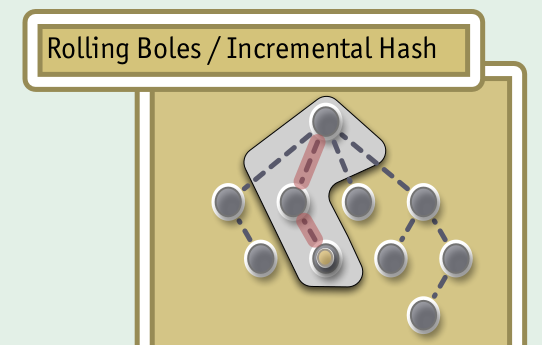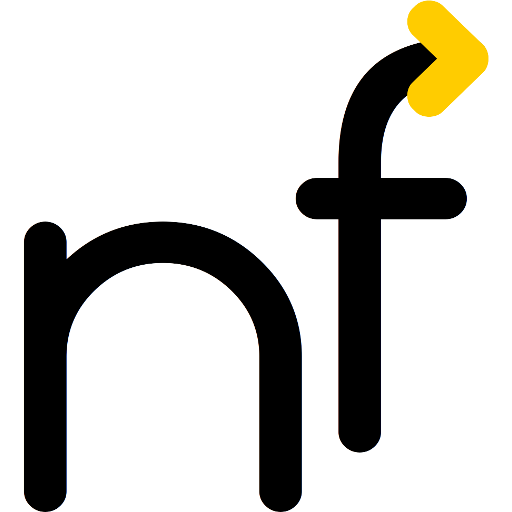
A companion poster: Rolling Boles – Optimal XML Structure Integrity for Updating Operations is also available.
Links
Abstract
While multiple techniques exist to utilize the tree structure of the Extensible Markup Language (XML) regarding integrity checks, they all rely on adaptions of the Merkle Tree: All children are acting as one slice regarding the checksum of one node with the help of an one-way hash concatenation. This results in postorder traversals regarding the (re-)computation of the integrity structure within modification operations. With our approach we perform nearly in-time updates of the entire integrity structure. We therefore equipped an XHash-based approach with an incremental hash function. This replaces postorder traversals by adapting only the incremental modifications to the checksums of a node and its ancestors. With experimental results we prove that our approach only generates a constant overhead depending on the depth of the tree while native DOMHash implementations produce an overhead based on the depth and the number of all nodes in the tree. Consequently, our approach called Rolling Boles generates sustainable impact since it facilitates instant integrity updates in constant time.
BibTeX (Download)
@inproceedings{Graf2011Rolling,
title = {Rolling Boles, Optimal XML Structure Integrity for Updating Operations},
author = {Sebastian Graf and Sebastian Kay Belle and Marcel Waldvogel},
url = {https://netfuture.ch/wp-content/uploads/2011/graf11rolling.pdf},
year = {2011},
date = {2011-03-28},
urldate = {1000-01-01},
booktitle = {Proceedings of the 20th international conference on World Wide Web (WWW2011)},
pages = {49-50},
publisher = {ACM},
address = {Hyderabad, India},
abstract = {While multiple techniques exist to utilize the tree structure of the Extensible Markup Language (XML) regarding integrity checks, they all rely on adaptions of the Merkle Tree: All children are acting as one slice regarding the checksum of one node with the help of an one-way hash concatenation. This results in postorder traversals regarding the (re-)computation of the integrity structure within modification operations. With our approach we perform nearly in-time updates of the entire integrity structure. We therefore equipped an XHash-based approach with an incremental hash function. This replaces postorder traversals by adapting only the incremental modifications to the checksums of a node and its ancestors. With experimental results we prove that our approach only generates a constant overhead depending on the depth of the tree while native DOMHash implementations produce an overhead based on the depth and the number of all nodes in the tree. Consequently, our approach called Rolling Boles generates sustainable impact since it facilitates instant integrity updates in constant time.},
keywords = {XML},
pubstate = {published},
tppubtype = {inproceedings}
}



